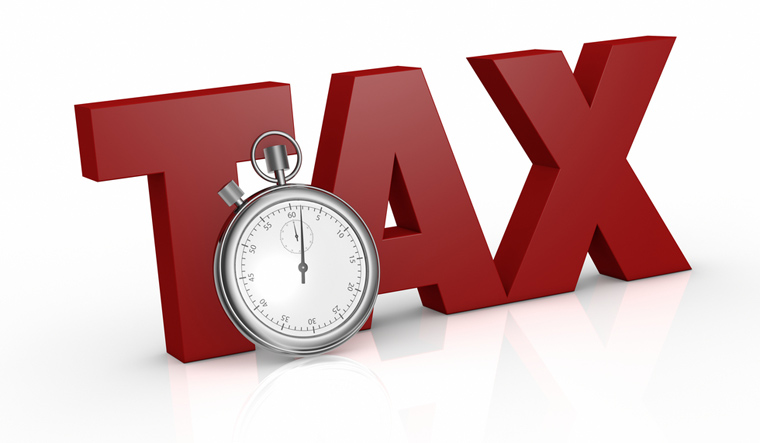Internet giants including Google, Facebook and LinkedIn have failed to pay the April-June quarter’s 2 per cent equalisation levy that fell due on July 7, the Economic Times reported on Wednesday. The new levy was announced in the 2020-21 budget.
Companies claim this is due to lack of clarification on issues such as whether the tax will be payable on gross or net revenue. However, according to tax officials, “there was no confusion” as tax will be calculated on “total money spent by Indians on these platforms”. Earlier, it was stated that the levy will work on the same principle as tax deduction at source, and be applicable on gross revenue.
The next due date is October 7 when these companies will need to pay the tax for the July-September quarter as well as the dues for the April-June quarter on which interest will be charged.
Equalisation levy is applicable on companies like Google, Netflix and Amazon and the 2 per cent tax kicked in from April. The levy that India slapped on the tech giants has become the latest bone of contention between New Delhi and Washington.
The United States Trade Representative (‘USTR’) launched an investigation against countries levying digital tax, including India, claiming that the digital tax imposed unilaterally by the countries is unfair and discriminatory as it is targeted majorly at digital companies in the US. However, India had responded by pointing out a US Supreme Court ruling that said the physical presence of an online company was not required for imposing a tax in a particular location. Most internet majors facing the tax in India are American companies.
India said the levy is applicable only for companies with annual revenues in excess of Rs 20 million (about $267,000), which is a low threshold aimed at exempting very small e-commerce operators globally, adding that India is ready to engage in bilateral discussions with the US on the matter. “Far from targeting any US company or companies, the purpose of the equalisation levy is to ensure greater competitiveness, fairness, reasonableness and exercise the ability of governments to tax businesses that have a close nexus with the Indian market through their digital operations,” India said in its comments.
India assured the US that the equalisation levy is entirely consistent with India’s commitments under the WTO and international taxation agreements.


